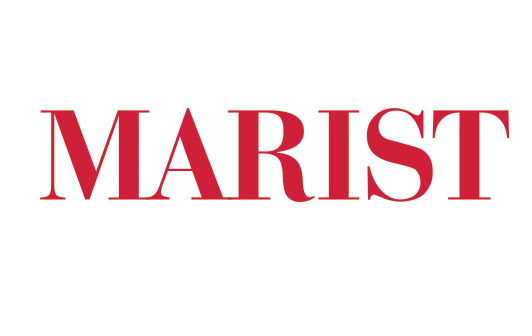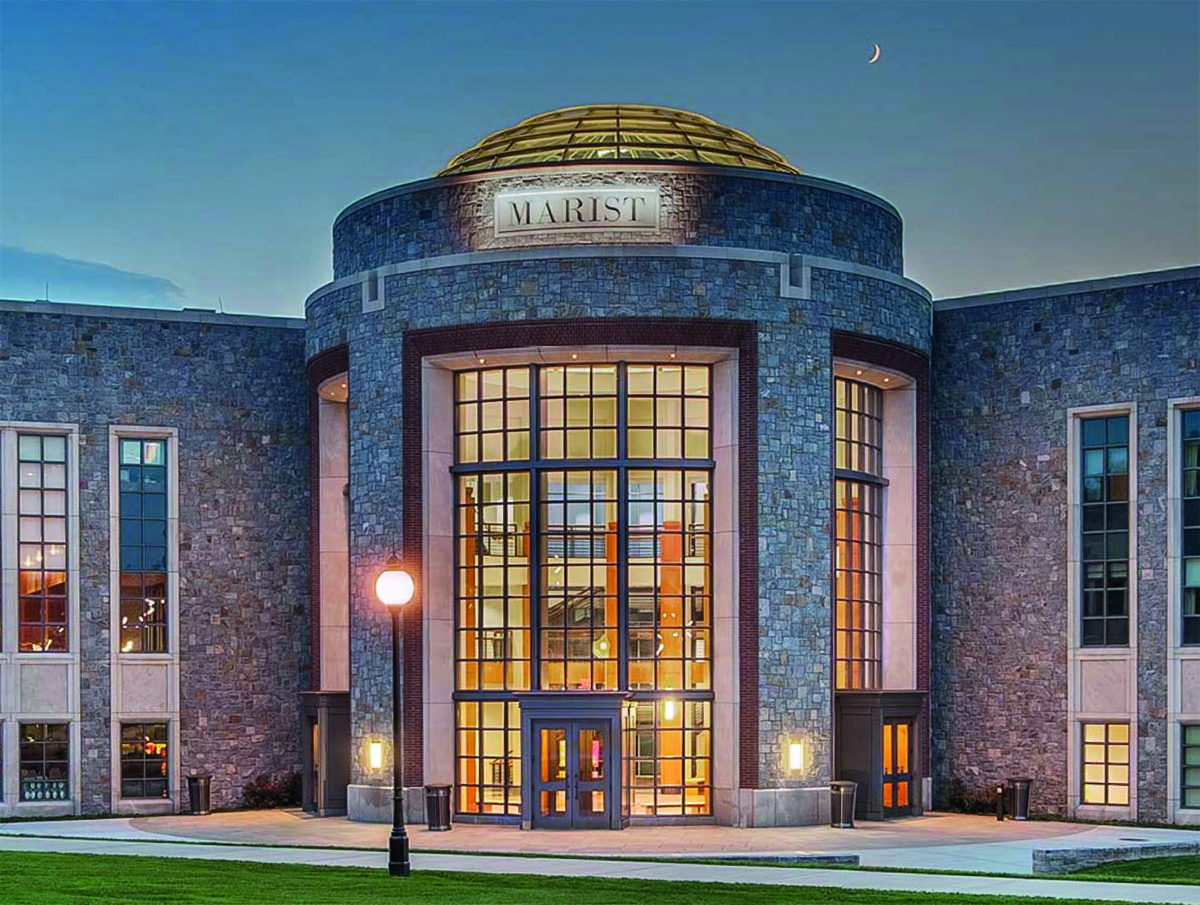
Marist College

Educating Students in Industry-Leading Social Media Practices
Incorporating a strong liberal arts academic core along with pre-professional training is the hallmark of Marist College’s School of Communications and the Arts, its largest school. To maintain this balance, Dr. Lyn Lepre, Dean of the School of Communication and the Arts, and her colleagues continuously solicit feedback from alumni, faculty, and students, in addition to conducting formal market research studying the job market, to learn how to best prepare their students for the workforce.
Lepre recognized the market demand for students to have mastery of social media marketing practices and knew it was crucial that Marist expand its offerings to fill this gap.
Though some faculty were teaching these topics in class, Lepre recognized that this is an area that cannot just be discussed—it needs to be practiced, too.
“We needed to turn students from native users into strategic experts, teach analytical and data-listening skills, and provide real-world, digital marketing expertise,” says Lepre.
Powering the Center for Social Media with Social Studio
Lepre and her team launched the Center for Social Media with the goal of educating students in industry-leading practices in social media listening, engagement, influence and analytics. This co-curricular center operates in a fully furnished space with two computers and seven large screens for students and faculty to use when creating and analyzing social media content.
After an extensive review, Lepre, with input from communication faculty members, selected Salesforce to power the center. “We selected Social Studio, which includes Command Center, for two primary reasons: Social Studio is widely used in the industry, and it was the only product of the seven reviewed that allowed students and faculty to listen and engage with external digital content from one billion sources, spanning social media, news, and aggregators.”
Colleen Kopchik, inaugural director of the Center for Social Media, further comments on the combined power of Social Studio, the engine that enables the listening, engaging and publishing of social media marketing, and Command Center, the visual display of all social media activity. “The combination of these tools provides our users real-time data in an attractive and useful visual interface that can be viewed both at the physical Center for Social Media and anywhere in the world. It offers extensive and powerful publishing and engagement options, ranks the sentiment of external content for student and faculty analysis, and provides performance metrics for social content created.”
Extending Social Media within Classroom and Beyond
As word of mouth spread about the Center for Social Media, faculty and students became aware of the many opportunities Social Studio offers for incorporating it into coursework—across disciplines— conducting research, and executing social media campaigns for co-curricular activities and local nonprofits.
In the first year, faculty and students utilized the Center for Social Media for:
Student- and faculty-sponsored workshops that discussed topics like awareness of one’s digital footprint
A senior thesis project that delivered well-attended workshops on self-promotion and branding
A graduate online capstone course in integrated marketing communication that analyzed the branding capabilities of a nationwide product and how it could better reach a younger, digitally-focused audience
Faculty and student research using primary social media data
Student-launched digital marketing campaigns and real-time analysis for a campus speaker series and the widely attended Silver Needle Runway Show, Marist’s highly acclaimed annual fashion show
These dynamic, hands-on opportunities have broadened Marist students’ experiences with social media and digital marketing. Kopchik remarks, “Not only are we giving them the data piece of social media, we’re giving them the ability to learn how to manage active social media pages as well.” Lepre and Kopchik surveyed the graduate capstone course that used Social Studio and found that 80 percent of these students would like to use it in their other classes. “This reinforced that we’re going down the right path,” says Kopchik. “This is something our students want, something our students need, and something that we need to be providing.”
Broadening the Social Media Experience for Students and Faculty
The interest in the Center for Social Media continues to grow at Marist, and more faculty and students use Social Studio in academic and co-curricular work. Many courses from across the School of Communication and the Arts use Social Studio either as a required or optional tool. Marist’s in-house student-run communications firm, North Road Communications, uses Social Studio to analyze and create digital marketing campaigns for local nonprofit organizations.
Lepre and current director Dr. Amanda Damiano look forward to expanding the presence of the Center for Social Media on Marist’s physical campus and internationally. Other departments at Marist are now evaluating Social Studio’s use on a range of new projects. Additionally, Lepre and Damiano anticipate more use of Social Studio among international students at Marist’s Florence, Italy, campus and in other locations. A few students abroad have already utilized the platform to conduct communications analysis and social media campaigns in other countries. “We are excited that we can use this anywhere in the world,” says Lepre. “Students can take it with them.”
The Center for Social Media also has future plans to incorporate Salesforce’s myTrailhead to train and onboard Social Studio users.
About Marist College
Marist College, a private college with 6,000 undergraduate and graduate students, is located north of New York City in New York’s Hudson River Valley. Marist consistently receives national recognition for its innovative programs that integrate its liberal arts roots with experiential learning. Most recently, Marist was included in The Princeton Review’s list of Colleges That Create Futures.